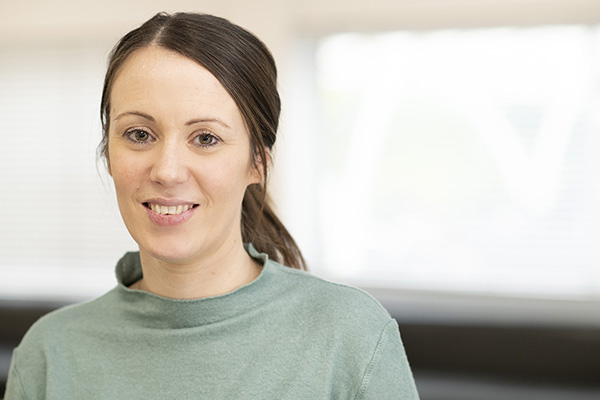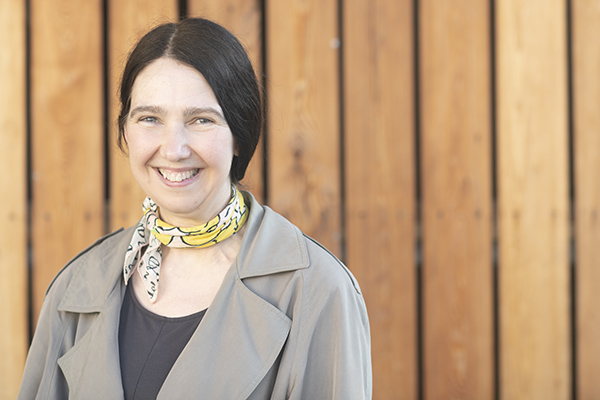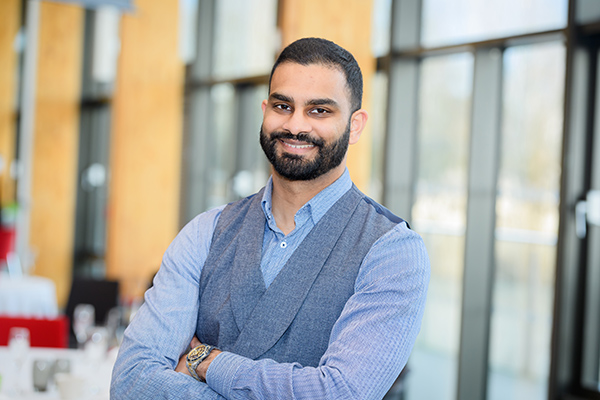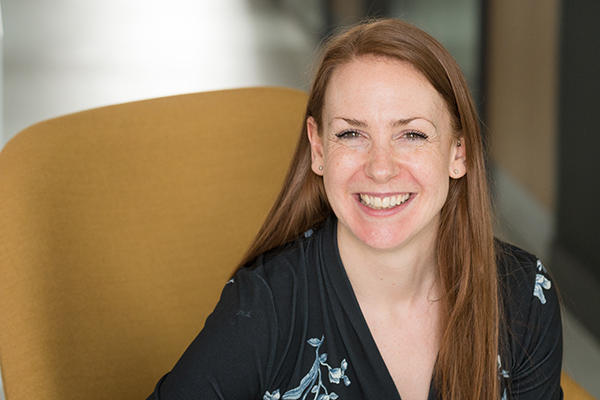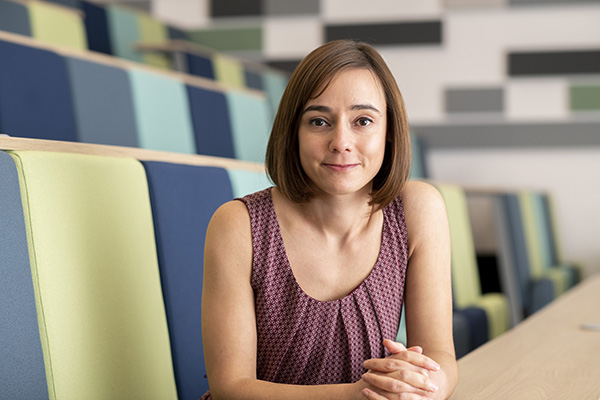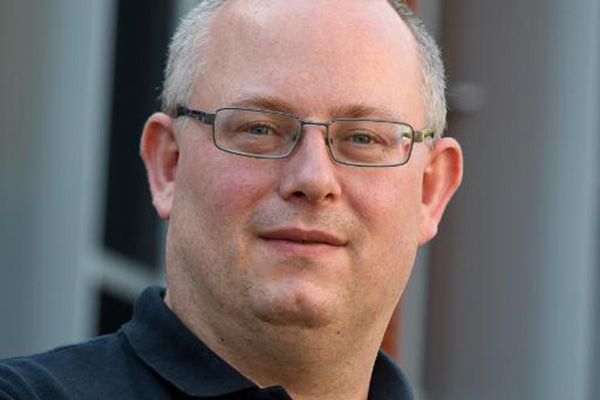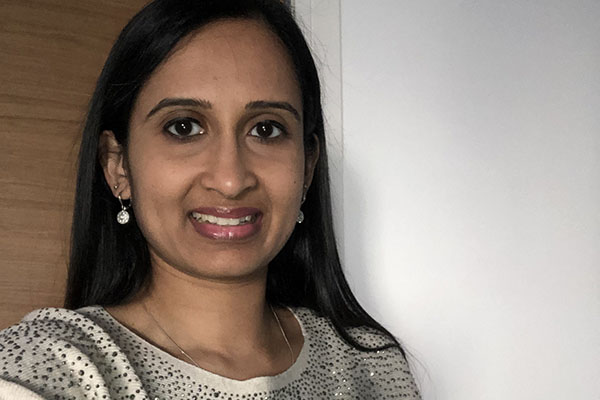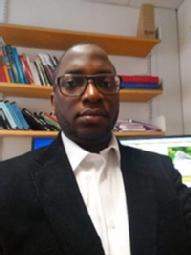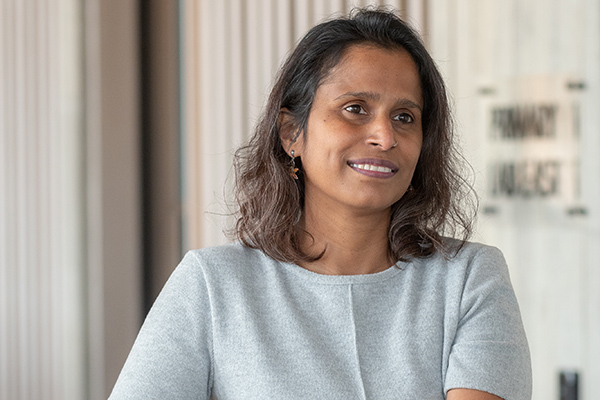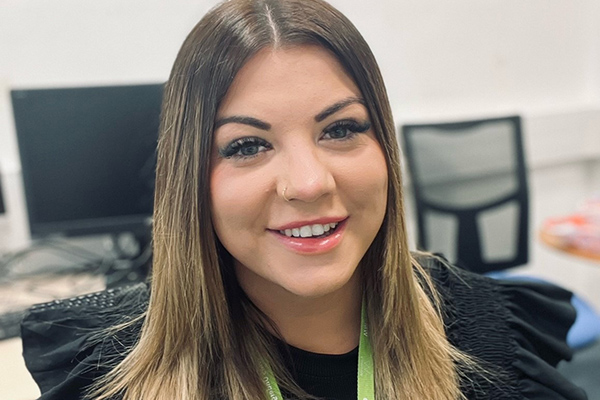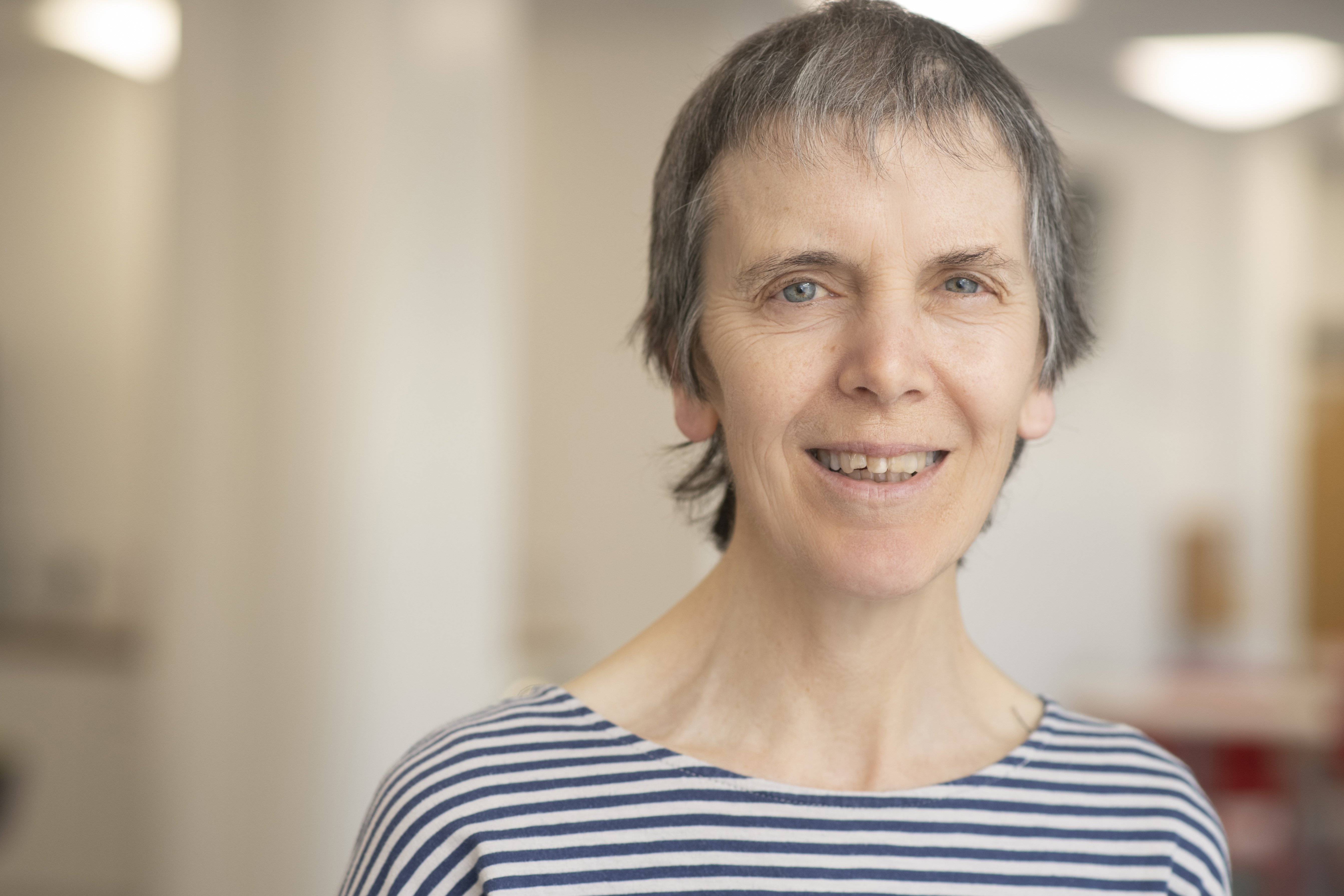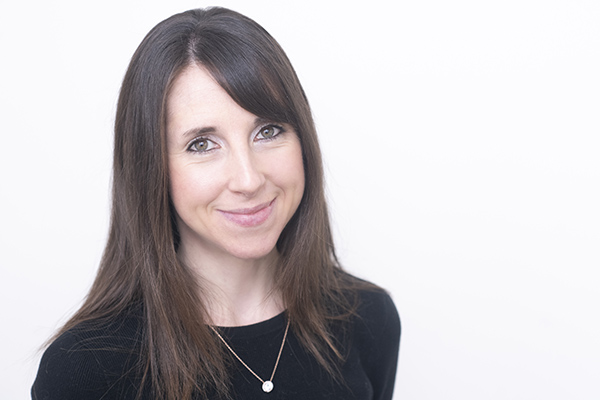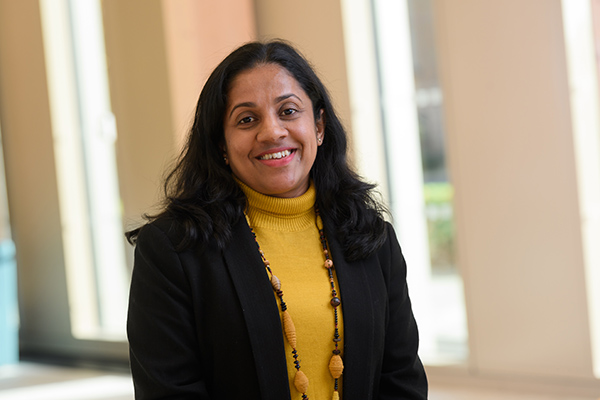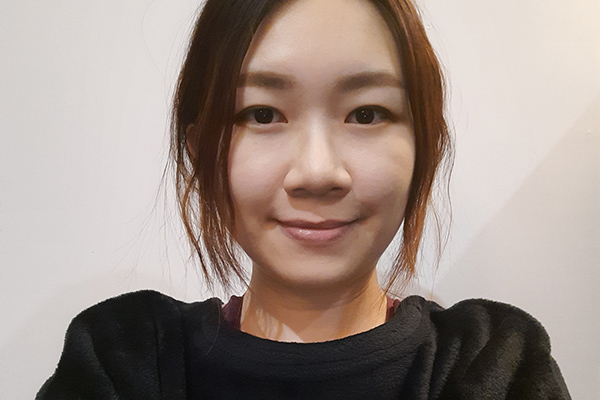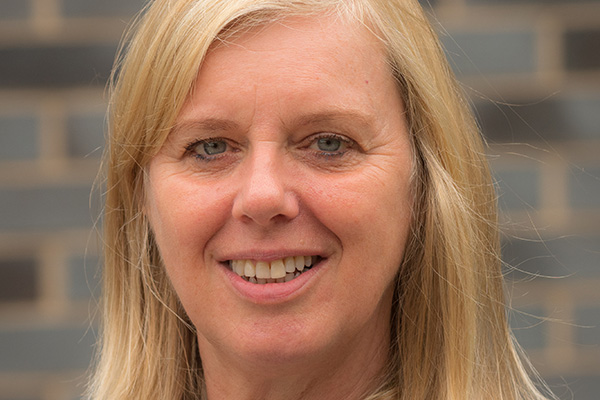Olalekan completed his first degree in Bachelor of Medicine and Bachelor of Surgery at University of Ilorin, Nigeria and MPH and PhD in Public Health Sciences at Karolinska Institutet, Sweden. He received the FAS Marie Curie International Postdoc Fellowship to pursue research on the social and contextual determinants of HIV/AIDS, with a special emphasis on cardiovascular risk factors among HIV infected individuals.
Ola’s current post as Professor at University of Warwick means he is directly contributing to the excellence in public health education training. He is developing and maintaining an internationally competitive Global Health Informatics for Improving Quality of Healthcare research programme including: (1) Application of innovative machine learning algorithms for identifying the opportunities for prevention and treatment of non-communicable diseases; (2) text mining / natural language processing of electronic health records / social media big data for public health surveillance and; (3) mHealth – mobile survey/data collection and clinical decision support system.
Ola’s research has supported policy makers at local, national and international level in making health care decisions, including the World Health Organisation and UN International Labour Organisation internationally; the National Institute for Health and Care Excellence (NICE) UK, Public Health England, and the UK National Screening Committee nationally; and Coventry City Council locally where he led a Prime Minister’s Challenge Fund project to measure the impact of establishing three new primary care schemes on hospital activity. Ola’s immediate research agenda focuses on harnessing the power of big data and innovative ensemble of machine learning algorithms for identifying the opportunities for prevention and treatment of non-communicable disease. His long-term goal is to translate these methodological advances in big data and machine learning into real- world systems that can be deployed and used to benefit precision Global Health.
Ola’s teaching ideology is centred on the following guiding principles. The course should be also balanced in term of theoretical aspect as well as practical applications. It is paramount that the students have good grasps of both theory and applications using different case studies. They should be able to understand the connection between different theories to their applications in real world settings. Ola is looking forward to applying these principles to Interaction: Environment and Genes module.
